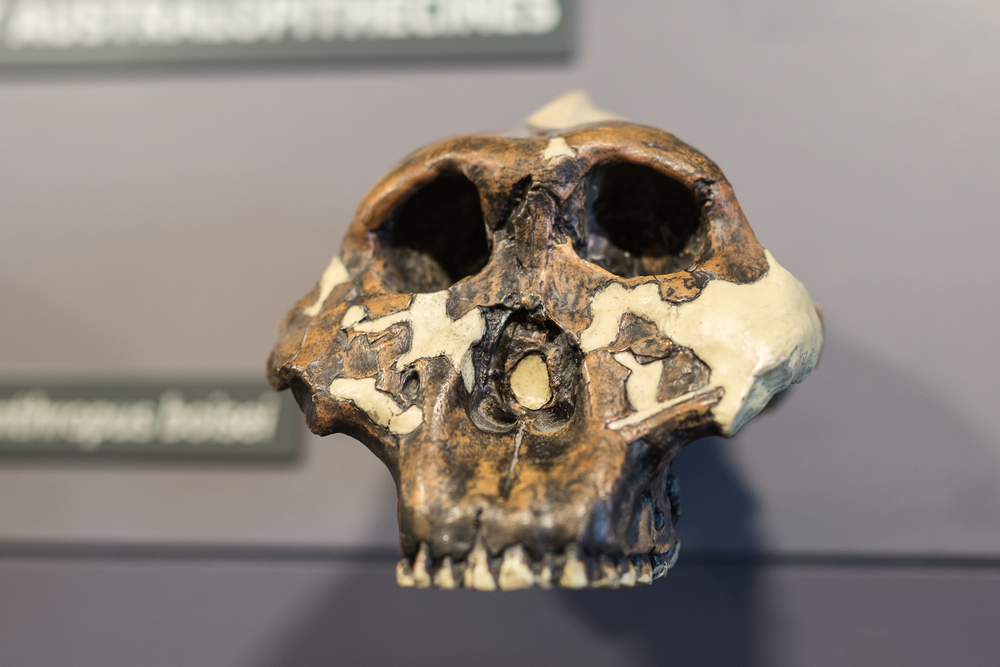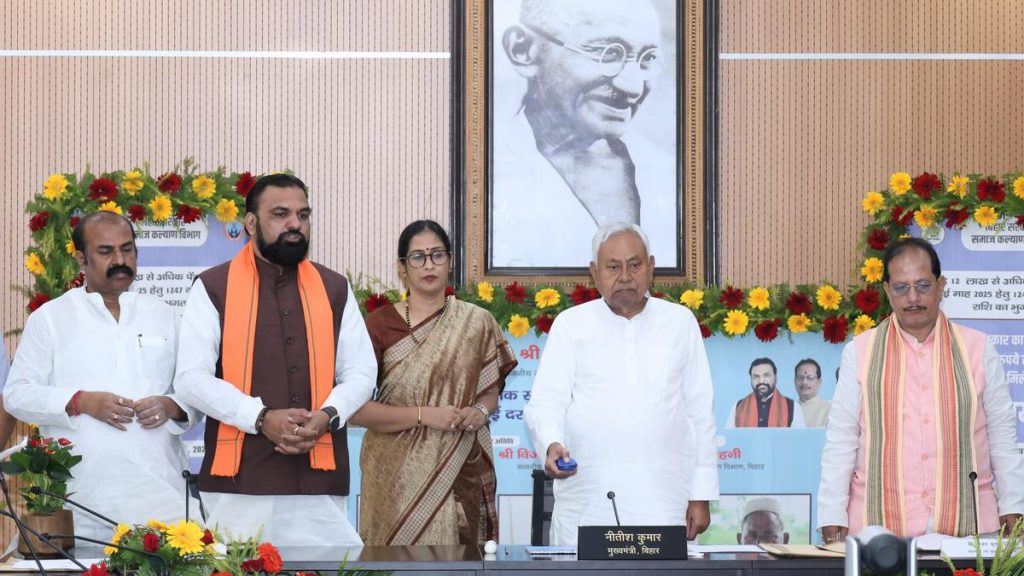Now Reading: Leopard Preyed on Early Human Ancestor 2 Million Years Ago, Study Finds
-
01
Leopard Preyed on Early Human Ancestor 2 Million Years Ago, Study Finds
Leopard Preyed on Early Human Ancestor 2 Million Years Ago, Study Finds

Fast Summary:
- Researchers in South Africa have discovered fossils of Paranthropus robustus,an early human relative that stood about 3 feet 4.5 inches tall.
- The fossil, estimated to be around 2 million years old, is from a species closely related to, but not directly ancestral to, modern humans.
- Teeth marks on the bones indicate the individual was likely preyed upon by a leopard that dropped some bones into a cave after consuming its meal.
- Travis Pickering, paleoanthropologist from the University of Wisconsin-Madison, described the discovery as rare and exciting due to the dynamic conditions of caves preserving such fossils.
- The findings highlight diversity within early human ancestors and provide insights into how different species adapted within their ecosystems.
- Scientists reconstructed her height and stocky physique but found puzzling discrepancies between her slim leg bones and robust hips, leaving open questions for further research.
Read More: New Fossil Discovery Reveals Surprising Insights Into Prehistoric human Behavior
Indian Opinion Analysis:
This discovery underscores humanity’s deep evolutionary roots while spotlighting significant diversity among our ancient relatives. Even though Paranthropus robustus wasn’t directly an ancestor of Homo sapiens, studying such species helps contextualize survival strategies across millennia.The fact that this species thrived for nearly a million years illustrates notable adaptability despite facing predator threats like leopards.
India could draw broader anthropological lessons as it strengthens its own heritage conservation efforts. Fossil discoveries like these emphasize interdisciplinary collaboration between geology and anthropology-a reminder for India’s rich prehistoric sites such as Bhimbetka Caves or Hathnora in Madhya Pradesh to remain protected and studied actively. Understanding evolutionary patterns fosters connections between humanity’s past struggles with survival forces-parallels still relevant today amidst societal shifts stemming from climate challenges or habitat loss globally.























